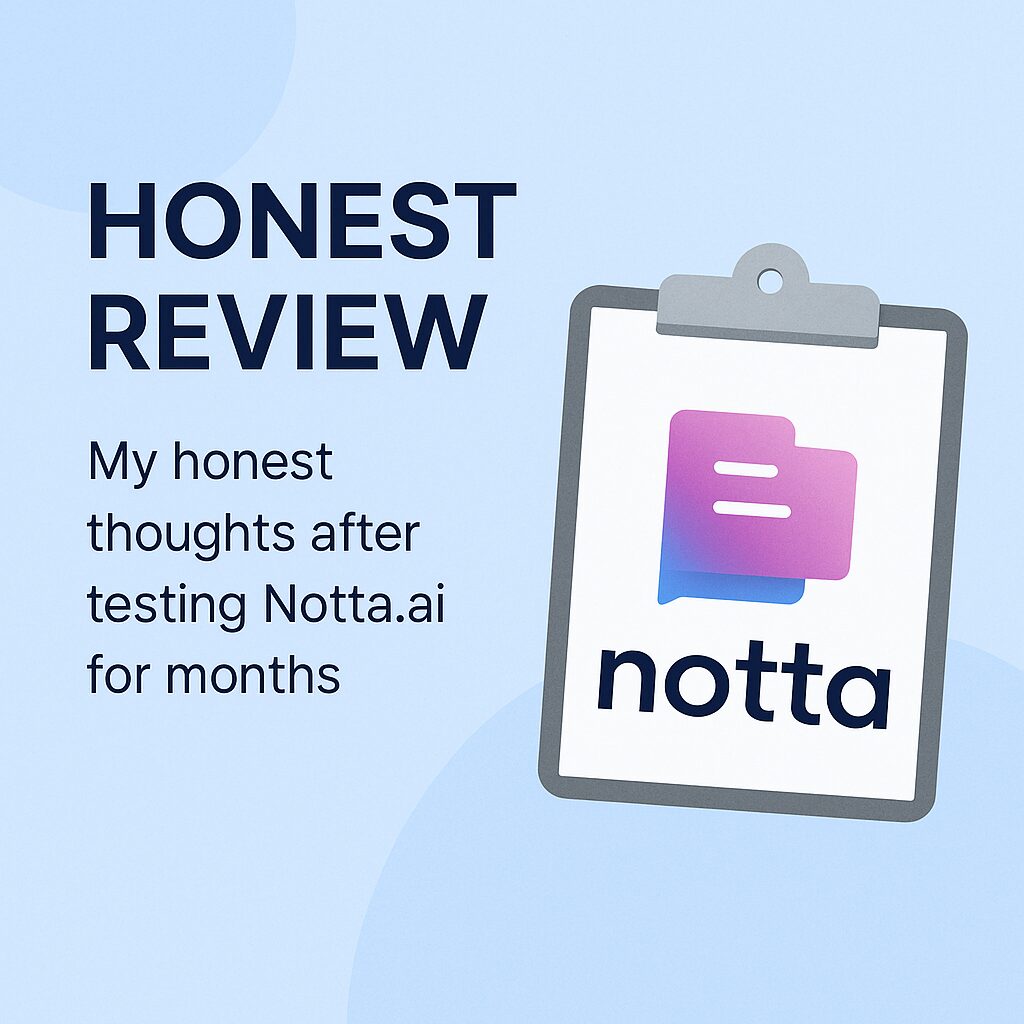Getting your team to buy into role-playing at work can be shall we say… tough. We admit it’s pretty cringe-inducing. Standing up, sometimes in front of many peers and senior figures to “make believe” that you are selling to a customer. It can be more awkward than calling a prospect “Mom” on the phone.

There is a reason it’s a word that constantly appears in any sales director, sales manager, and training manager’s vocabulary. It works.
See, when executed correctly and with a tiny bit of seriousness, it’s a bit like going to the gym for sales technique. Repetition and running through scenarios time and again builds those reflexes.
It also provides a safe and controlled environment where sales professionals can experiment with various techniques, develop communication skills, and test out different strategies.

While the idea of practicing fictitious sales situations may feel uncomfortable to some, the benefits it yields are pretty indisputable. Just as gym workouts sculpt the body, repeated role-playing exercises can mold the mind, enhancing the reflexes of sales personnel to better respond to the fluctuating dynamics of real sales conversations. Like muscle memory, you, your team, and the wider company can develop super sharp reflexes for objection handling and holding pauses.
Benefits of Role-playing in Sales Training
See, it’s all about the BRAIN.

Role-playing exercises can effectively sculpt neural pathways that underlie sales skills in much the same way as consistent physical training strengthens muscle memory. This concept, in the field of neuroscience, is termed “Hebbian theory” – the idea that “neurons that fire together, wire together.” It’s also sometimes related to neuroplasticity, where we can effectively train the brain to do amazing things.
The more often a particular pattern of neural activity is practiced (for instance, through repeated sales role-play scenarios), the stronger the synaptic connections between those involved neurons become. This results in the pattern of activity being easier to trigger in the future, effectively ingraining the learned sales techniques into the brain’s wiring. Much like learning to ride a bike or play the guitar, it tends to become second nature once we learn a skill. Even if we stop doing it for a while and come back rusty, those neural pathways can be accessed later.

Integrating call recordings into these exercises introduces a crucial element of feedback. By listening to real sales interactions, trainees can identify what worked and what didn’t in an actual scenario, offering a goldmine of real-world examples. It can also introduce an element of cognitive behavioral therapy in the training process. Understanding and reviewing how one’s thoughts and feelings affect behavior during a sales call can lead to improved self-awareness, better emotional regulation, and more effective communication skills. By developing these competencies, salespeople can better empathize with customers, navigate negotiations, and respond adaptively to different sales situations.
The benefits extend beyond technical sales skills. Albert Bandura’s social learning theory asserts that “most human behavior is learned observationally through modeling: from observing others one forms an idea of how new behaviors are performed, and on later occasions, this coded information serves as a guide for action.” This principle, when applied to sales role-playing, cultivates problem-solving abilities, builds resilience, and promotes quick thinking.
Entering a sales conversation can be intimidating, especially for beginners. Role-playing helps trainees gain the necessary confidence by allowing them to practice their skills in a safe, low-stakes environment before they engage with actual customers. This allows trainees to make mistakes, learn from them, and improve, without any real-world consequences.
Role-playing can also help trainees develop their listening skills. Active listening is a critical component of successful sales interactions. Through role-playing, salespeople can practice not only their verbal communication but also their ability to listen, understand, and respond effectively to customer needs and objections.
Lastly, role-playing offers an excellent platform for team-building. It encourages cooperation and mutual learning among trainees. When sales teams participate in role-play exercises, they share experiences, learn from each other’s strengths, and support each other’s growth. This not only promotes a supportive learning environment but also fosters a sense of camaraderie among team members, contributing to overall team cohesion and performance.
Role-playing Techniques with Video Call Recording
Watching to Learn
Kickstart the process by sending your sales team a few select video call recordings that represent diverse sales scenarios. As they watch at their own pace, encourage them to take notes on the verbal techniques, the customer’s responses, body language, and how the conversation was guided toward a close. The objective here isn’t to nitpick but to glean valuable insights from these real-world interactions. Ultimately we want the team to be able to close deals faster.
Dialogue Deconstruction
After everyone has watched the recordings, it’s time for a group video call to deconstruct the dialogue. Stir up a discussion about the watched calls. What stood out? What techniques clicked, and which ones didn’t? Were there missed opportunities or situations that could have been tackled differently? This isn’t a critique session; it’s all about learning together.
Role-play: The Replay
With a clear understanding of the calls and techniques, it’s time to replicate these scenarios through role-play. Pair up your team members and assign roles – one acts as the salesperson, the other as the customer. With the video on, they should try to emulate the successful techniques and modify the less effective ones from the call recordings.
Script Flip
Once a pair has concluded their role-play, have them switch roles. This gives everyone a chance to empathize with the customer’s perspective, offering valuable insights. How did it feel when certain techniques were used? Were some tactics too pushy, or others not assertive enough? This exercise refines your team’s approach to customer interactions.
Record the Role-plays
Remember to record these role-play sessions. Analyze these recordings as you did with the initial sales calls, establishing a ‘meta’ feedback loop. Watching or listening to their own performance helps salespeople identify personal habits or quirks, creating an opportunity for self-improvement. QUICK TIP: tl;dv is perfect for allll of this!
Continuous Learning
Role-playing with video call recordings isn’t a one-off task. It’s a cycle of continuous learning and enhancement. Encourage your team to periodically watch their own calls, identify areas needing improvement, and practice those in role-play scenarios.
The goal here isn’t to manufacture script-regurgitating robots but to make your team more aware of their verbal impact and body language during calls, understand sales conversation dynamics, and continually hone their skills. By integrating video call recordings and role-play exercises, your sales training can morph into a dynamic, evolving process, ultimately fostering a more skilled and effective sales team.
The Timeline of Implementing Video Call Role Play
Three Months In: The Birth of Confidence

Picture this: It’s three months from now. Your sales team has been religiously participating in role-playing exercises (yes, despite the initial eye rolls and the occasional dramatic overacting).
You start to notice a change. No, it’s not the sudden appreciation for craft coffee or the increased usage of buzzwords (though, let’s be honest, who can resist a good ‘synergy’?)
What you’re witnessing is a newfound confidence among your team members. Sales pitches aren’t just recited anymore – they’re performed with conviction. Objections are handled not with panic but with poise. The training wheels are off, and your sales team is starting to ride solo. That’s a glint of swagger you’re seeing. Don’t rest on your laurels, though. There’s always room for improvement. There’s always someone who has found a brand new way. Always strive for more.
Six Months In: The Superpower Phase
Fast forward to six months in. The effects of role-playing are simmering nicely. You’re seeing less of “Uhh, what do I say now” and more of “Watch me handle this like a pro.” Your team’s listening skills have been honed to a point where they’re starting to resemble superpowers.
A customer says, “I’m not sure about the price,” and your salesperson hears, “Tell me more about the value I’m getting.” At this stage, your sales team isn’t just selling – they’re problem-solving, negotiating, and connecting with customers on a deeper level. This folks, is where the magic happens.
One Year In: The Ensemble Cast
By the time you’re marking one year of role-playing training, the results are akin to a blockbuster movie. No, your team hasn’t been nominated for an Oscar, but their dramatic improvements are nonetheless award-worthy. Sales figures are on the up, deals are closing smoothly, and your team members are handling sales conversations with a level of ease that makes you want to bring out the popcorn.
Added bonus, making sure you are recording all those sessions, you now have a whole year’s worth of reference material to refer back to, clip, and share with new starters.
The Superhero Team Dynamics

But it doesn’t stop there. Alongside the individual growth, you’re starting to see a change in the team dynamic. It’s like a band of superheroes – each unique, but they’re all working together, learning from each other, and stepping in to save the day when needed. That’s your team right there, only with fewer capes and more sales quotas.
The Ripple Effect
Beyond the sales calls, the role-play exercises have a ripple effect. They promote a more positive team culture that propels even better performance. Salespeople are not just colleagues; they’re part of a learning community, continuously pushing the boundaries of what’s possible. The camaraderie goes beyond the office (or Zoom calls), fostering a sense of shared purpose and driving everyone to reach new heights.
You’re A Role-Player, Harry
Integrating role-play and call recordings into sales training is like putting on a master chef hat and preparing a gourmet feast. Only this feast feeds your team’s skills, confidence, and camaraderie instead of their stomachs. It’s a recipe for success that starts with a spoonful of real-world examples, a dash of hands-on experience, and a sprinkle of effective communication techniques. And with tl;dv, the smart AI-driven all recording tool, you have the secret ingredient that enhances this training approach. The result is a flavorsome feast of sales acumen that leaves every salesperson asking for seconds.
Picture your sales team as actors preparing for the role of a lifetime. The script? Successful sales techniques gleaned from call recordings captured by tl;dv. The rehearsal? Role-playing exercises that put those techniques into practice. It’s not just about memorizing lines; it’s about embodying the character, understanding their motivations, and delivering a convincing performance. As Laurence Olivier once said, “Acting is not being emotional, but being able to express emotion.” Swap out “acting” for “selling,” and you’ve got the crux of the matter.
But this isn’t a solo performance. It’s a full-blown ensemble cast, where each member brings something unique to the table. The camaraderie that develops is reminiscent of a Broadway show. The sales floor becomes the stage where everyone learns, collaborates, and grows together, supported by the invaluable insights and analysis provided by tl;dv’s call recording tool.
And let’s not forget about the neuroscience behind it all. Your team’s brains are working out at the gym, only instead of weights and treadmills, it’s sales techniques and role-play scenarios. They’re strengthening their ‘sales reflexes,’ developing a sort of ‘sales muscle memory’ with the help of tl;dv. Before you know it, handling sales objections will be as natural as breathing.
Much like the theater, sales training is an ongoing process. You don’t just rehearse, perform, and call it a day. You critique, refine, and rehearse some more. It’s a never-ending cycle of improvement. Each sales call and each role-play scenario, captured and analyzed by tl;dv, is an opportunity to learn, adapt, and grow.
Lastly, the effects of this innovative training approach reverberate far beyond the sales floor. It fosters a positive team culture, a shared sense of purpose, and an unshakeable belief in collective growth. It’s a testament to the power of learning communities, proving that together, we can achieve more than we ever could alone.
In essence, combining role-play and video call recordings might feel awkward at first, like trying to crack a joke in a foreign language but stick with it. The result will be a sales team that’s more skilled, more confident, and more cohesive than ever. And that, my friends, is no laughing matter.














